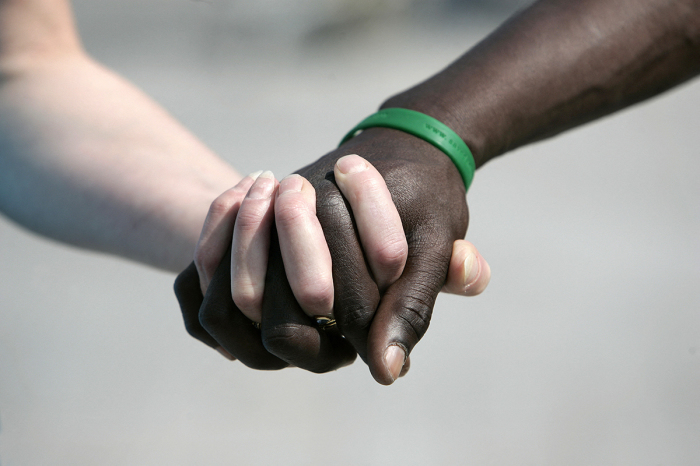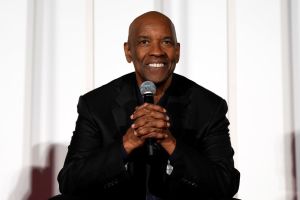Only 15% of Americans think race relations are improving: Rasmussen

Fewer than one in five Americans believe race relations are improving in the United States, according to a recently released poll by Rasmussen Reports.
In a report released last Friday, Rasmussen found that 15% of respondents believed race relations were “getting better,” which was a slight decrease from 18% reported last year.
By contrast, 42% of respondents said they believed race relations were “getting worse,” while 36% responded that they believed race relations were “staying about the same.”
Additionally, only 26% of respondents said they believe “race relations in the nation today are good or excellent,” which includes 6% who labeled race relations as “excellent.” Thirty-one percent of Americans said they believed that race relations were “poor.”
Data for the report came from a survey of 1,149 U.S. adults conducted Jan. 28-30, with a margin of sampling error of +/- 3 percentage points with a 95% confidence level.
Rasmussen also found that only 23% of Democrats, 14% of Republicans, and 9% of politically unaffiliated respondents thought race relations were “getting better” in the United States.
By contrast, 48% of Republicans, 42% of politically unaffiliated, and 36% of Democrats responded that they believe race relations were “getting worse.”
On the question of rating the current state of race relations, there were close divisions within each major political party as to how good or bad they were at present.
Among Republicans, 32% believed race relations were “good or excellent,” while 28% believed race relations were poor. For Democrats, 28% rated race relations as “good or excellent,” while 30% labeled race relations “poor.”
The Rasmussen findings come as the United States continues to tackle debates on racially-charged issues, such as how to teach and understand the nation’s historic struggle with racism.
In 2020, questions about race relations in America came to a head with the death of African American George Floyd following a 911 call in which he was found to be high on drugs and attempting to use counterfeit money at a convenience store. White police officer Derek Chauvin was charged with murder for his death during his arrest.
The incident spurred violent and deadly large-scale protests by Black Lives Matter activists and others in which over 30 Americans were killed and billions of dollars in damage was done to homes and businesses that were vandalized and torched in cities across the U.S. Others, however, focused on efforts to engage in racial reconciliation.
In late December, Arlington National Cemetery removed a memorial dedicated to Confederate veterans due to the belief that it promoted a “Lost Cause” interpretation of American history.
Last June, the U.S. Supreme Court ruled in Students for Fair Admissions, Inc. v. President and Fellows of Harvard College that Harvard and the University of North Carolina could not use race as a factor in student admissions.
There have also been debates over the efficacy of diversity, equity, inclusion programs, with Florida recently passing a law that restricted the funding of such programs in colleges and universities.




























